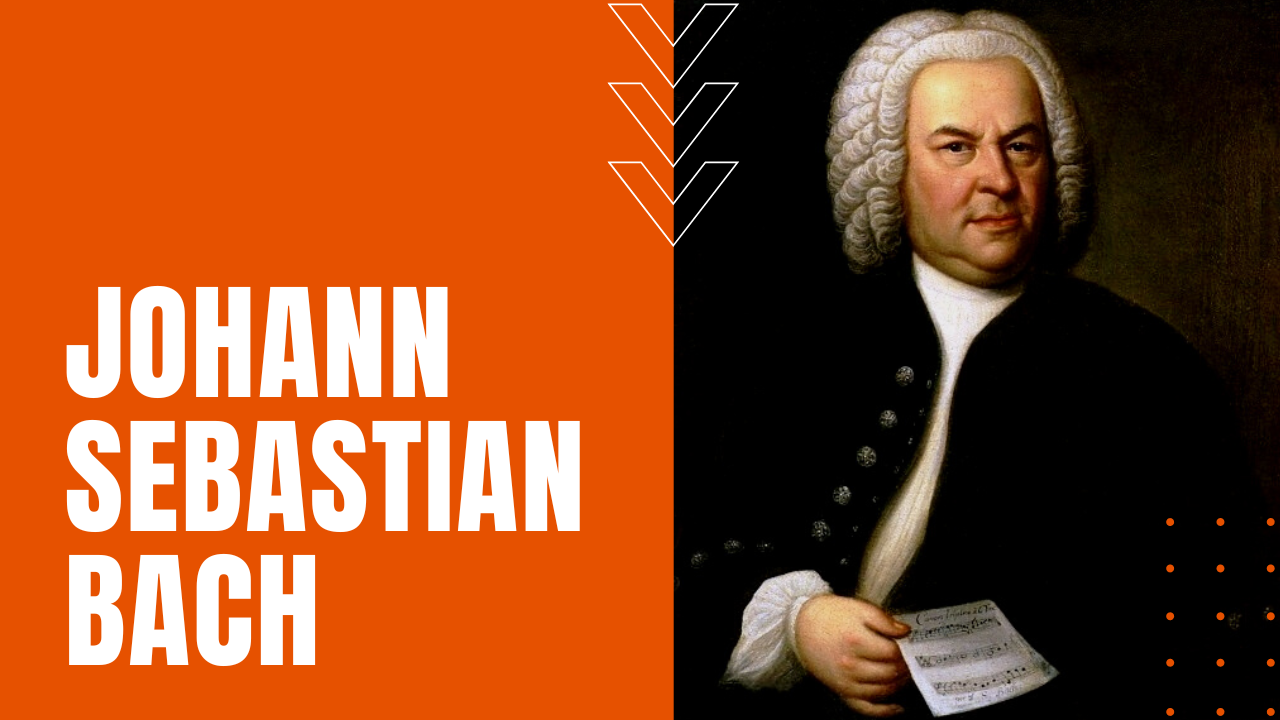Johann Sebastian Bach

Where was Johann Sebastian Bach Born?
Born into an established legacy of musicians in 1685 Eisenach Germany, Johann Sebastian Bach lost a sister and a brother at an early age, followed by his mother when he was nine, and his father by age ten.
Taken in by his older and quite accomplished organist brother, Johann Christoph in Ohrdruf Germany, Bach honed his skills as an organist, violinist and late baroque composer before his 18th birthday, while his virtuosic talents gave him steady employment within Protestant churches in Arnstadt, Muhlhausen, Leipzig and aristocratic courts in Weimar, which led to his title of court composer by his Polish sovereign, Augustus the 3rd.
Bach’s Contributions to Music
Most noted for his contributions to classical music through his mastery of harmonic counterpoint, and his adaptation of rhythms, forms and textures from abroad—particularly from Italy and France. Bach’s body of surviving works—many preserved by his son after Bach’s death—include hundreds of cantatas, passions, oratorios, canons and fugues, including such enduring classics as the Brandenburg Concertos, The Well-Tempered Clavier, Toccata and Fugue in D minor, not to mention choral music such as St Matthew Passion and the Mass in B minor.
In the last decades of his life, Bach reworked and expanded upon many of his earlier compositions, before passing away from complications after eye surgery at 65 years of age, and like many great artists throughout modern history, his works went largely unappreciated until after his death, although his contemporaries Haydn and Mozart possessed and played Bach’s music, while Beethoven played the entirety of Bach’s Well-Tempered Clavier by age eleven.
After his death, Bach was buried at Old St. John’s Cemetery in Leipzig, in an unmarked grave for the next 150 years, until his remains were moved to a vault in St. John’s Church in 1894, which was later flattened by Allied bombers during World War Two. His remains are now interred at St. Thomas Church, making Johann Sebastian Bach, a vital influence in the history of modern music.
